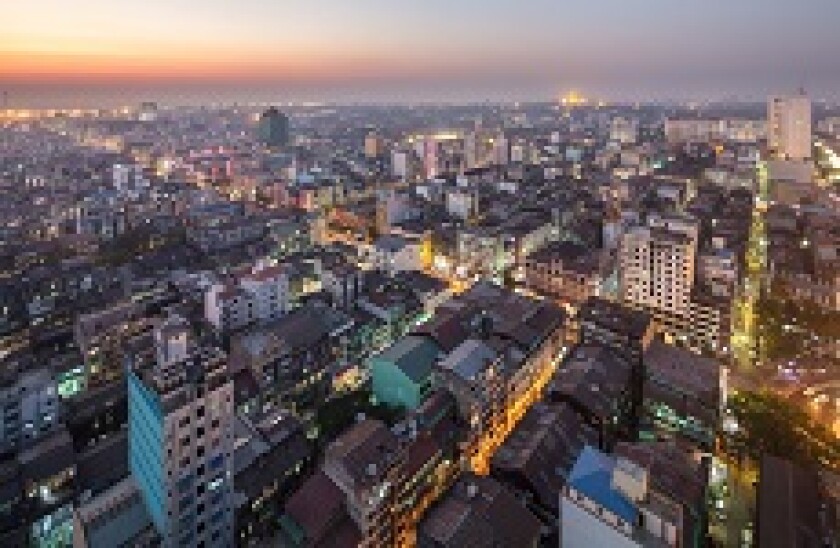Nearly a year ago, Myanmar took a big step forward through its Companies Law, which removed a slew of barriers that had blocked or limited foreign companies and cash from being ploughed into the country. But the results since have been disappointing.
Take the case of infrastructure financing in Myanmar. The country is yet to see an infrastructure loan with foreign bank participation — something the government had hoped would follow the new law.
The openness of the law was an excellent, and much needed, first step, but a year on, Myanmar needs to turn its attention to how best to plug some of the shortfalls of the law. More importantly, it needs to find ways to incentivise international banks to lend money in the country.
It goes without saying that Myanmar, like many of its frontier and emerging market peers in Asia, is desperate for private capital to build and develop its nearly non-existent infrastructure. Thai banks, in particular, will be well suited for such funding, as they are neighbours to Myanmar and have a natural understanding of the country that banks from elsewhere may not have.
Myanmar should recognise the potential of Thai banks, as well as those from Singapore and other nearby countries. It should encourage them to make some small, lower risk loans, potentially with a government wrap or backing of some sort, to kick-start the market. The door is open — someone just needs to take the first step to spur further movement. Government guarantees and support will do just that.
Part of the effort must also go into educating and courting outside money.
Myanmar is still an enigma to many, but by loosening some of its protectionist attitudes, it can broaden its appeal.
It can be easy to slip into too cautious an approach to opening markets, being wary of accepting international investment. That can result in a constant back and forth about regulations, as India has shown over the years, with two steps forward and then one step back for the markets.
Other countries in southeast Asia have made similar mistakes in the past, too, limiting foreign investments and adopting an attitude of growth at their own pace, while relying on domestic players.
Any progress is deemed a success, because it is an improvement on the barriers that existed before. But this is a dangerous game to play. If Myanmar wants foreign money, and international bank and investor participation, it needs to fully embrace an open market attitude with smart, conscious and consistent regulations. The money for infrastructure spending exists — it’s just a matter of accessing it.
Of course, this is easier said than done, especially given that even some of the world’s most developed economies are taking a more protectionist attitude now than ever before. Much of Myanmar’s success will simply take time. Myanmar has been open to the outside world for less than a decade, and given continuing political problems and the characteristics of a true frontier market, it will take quite some time for foreign banks and investors to embrace the country.
Myanmar is actively selling itself as a viable frontier market. For instance, this week it signed a bilateral agreement with Singapore to promote more investments from the city-state into Myanmar. Over the past few years, the country has signed similar agreements with 12 other countries to encourage foreign inflows — efforts that need to be lauded.
Such a new market offers opportunities, and the gaps within infrastructure and domestic banking present a multitude of ways to get involved now. The government knows that it needs outside funds to fill these holes and jump start development. Perhaps more importantly, it has shown a keenness to open up.
The question is whether the country is willing to implement open policies and encourage expansive growth at a fast enough pace. Only time will tell.

